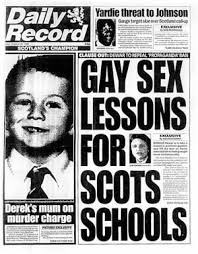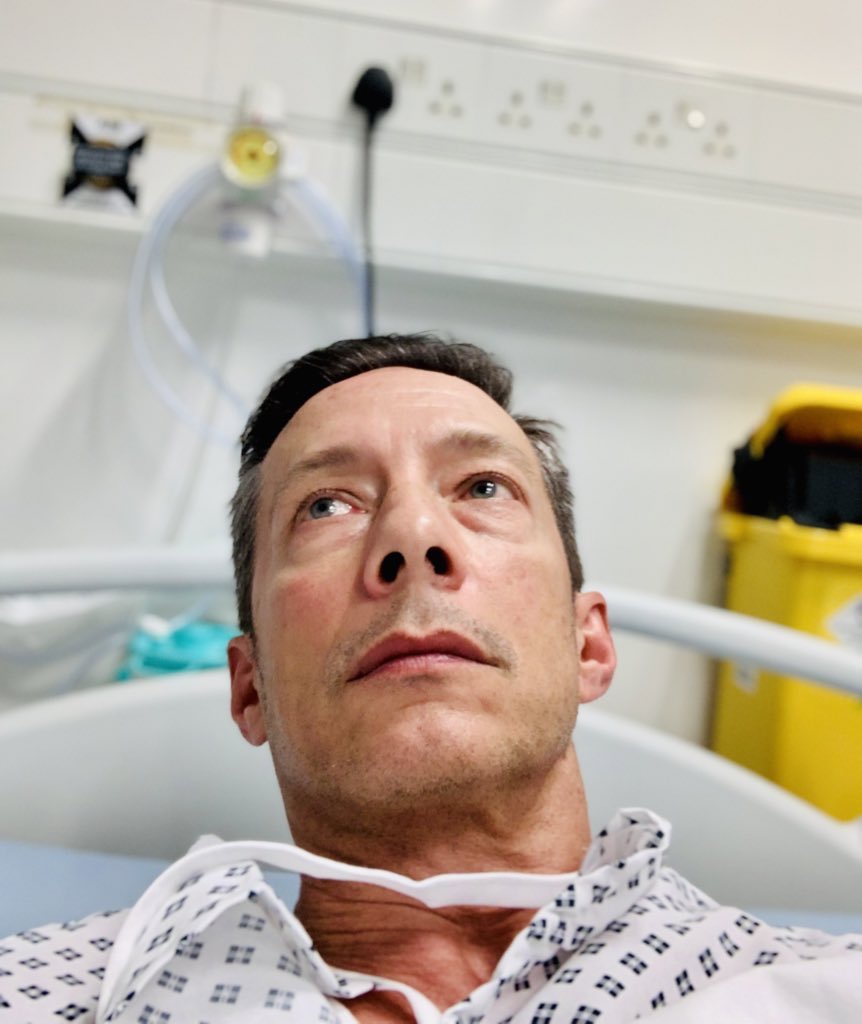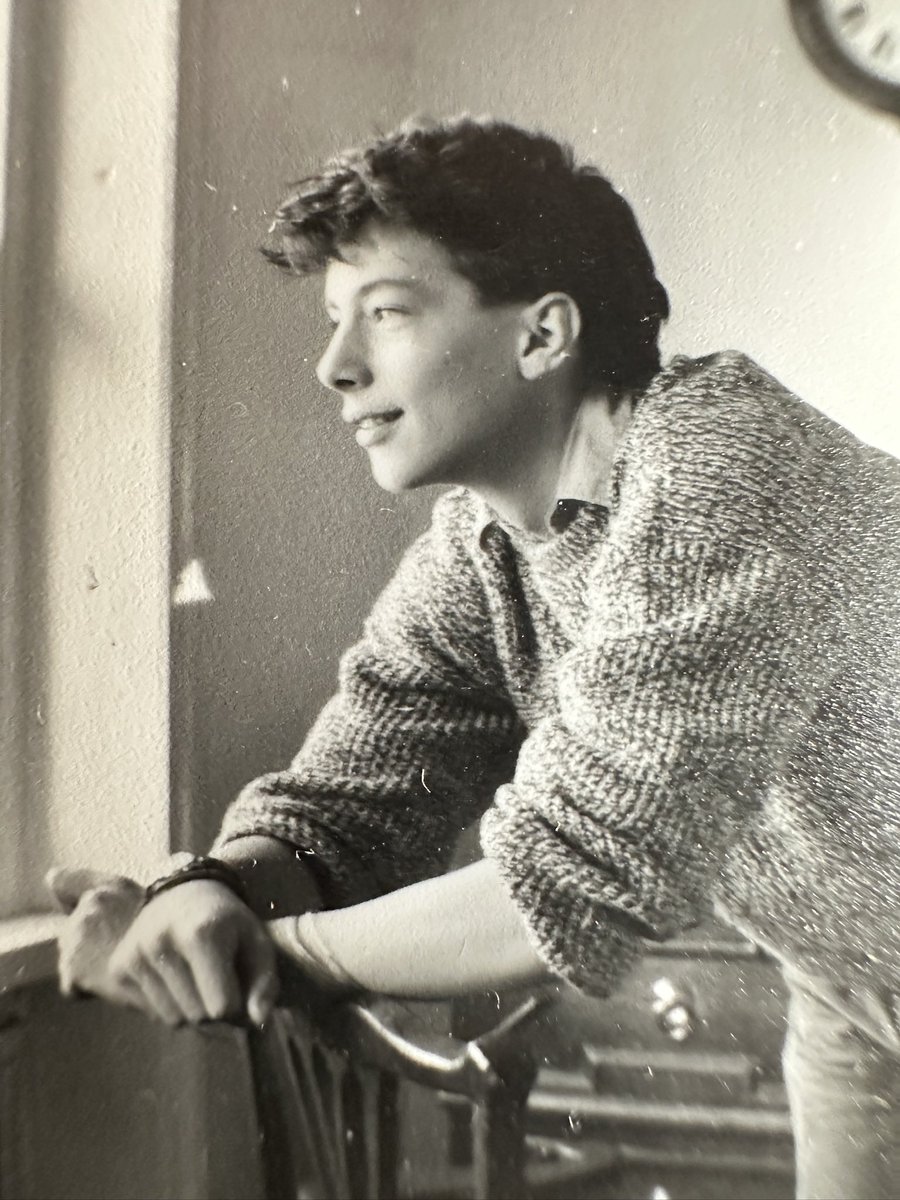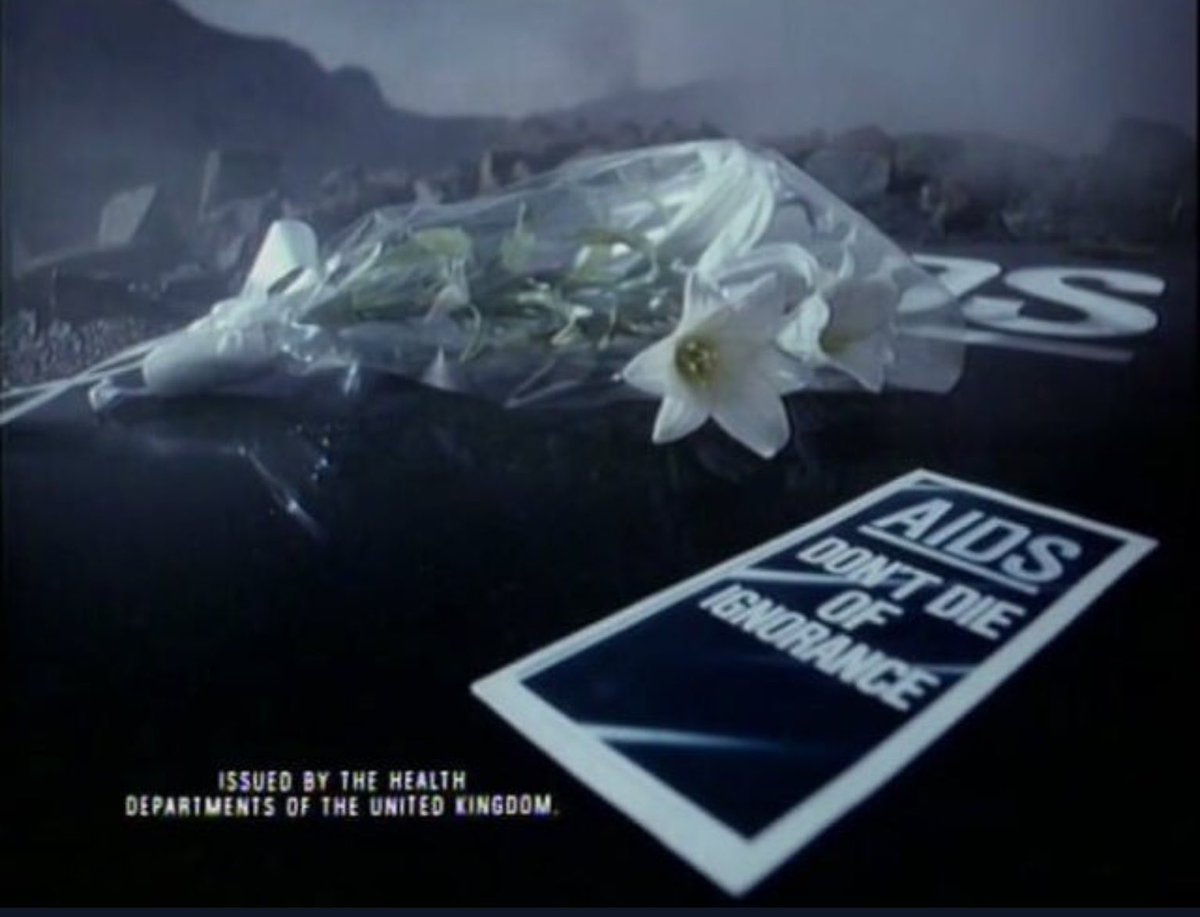Just 30 years ago the Daily Mail was discussing the extermination of homosexuality as a ‘hope’.
#LGBTplusHM
#LGBTplusHM

Me in 1993.
At the time the age of consent for gay men was 21, we could not marry or serve in the army and Section 28, banning the ‘promotion of homosexuality’, was in force.
Our communities were bludgeoned by homophobia and #AIDS for which then there was no effective treatment.
At the time the age of consent for gay men was 21, we could not marry or serve in the army and Section 28, banning the ‘promotion of homosexuality’, was in force.
Our communities were bludgeoned by homophobia and #AIDS for which then there was no effective treatment.

The parallels between the media treatment of gay men (in particular) in the late 80s / 90s and trans people now are obvious and chilling.
I fought for gay rights then.
I stand with trans people now.

I fought for gay rights then.
I stand with trans people now.


Homophobic abuse was everyday in the media in the 1980s and 90s.
It reflected and nurtured widely held homophobia in society, championed by Government ministers, the Church and Police.
We were dying of #AIDS or grieving those who did.
This only spurred their efforts.
#LGBTplusHM

It reflected and nurtured widely held homophobia in society, championed by Government ministers, the Church and Police.
We were dying of #AIDS or grieving those who did.
This only spurred their efforts.
#LGBTplusHM
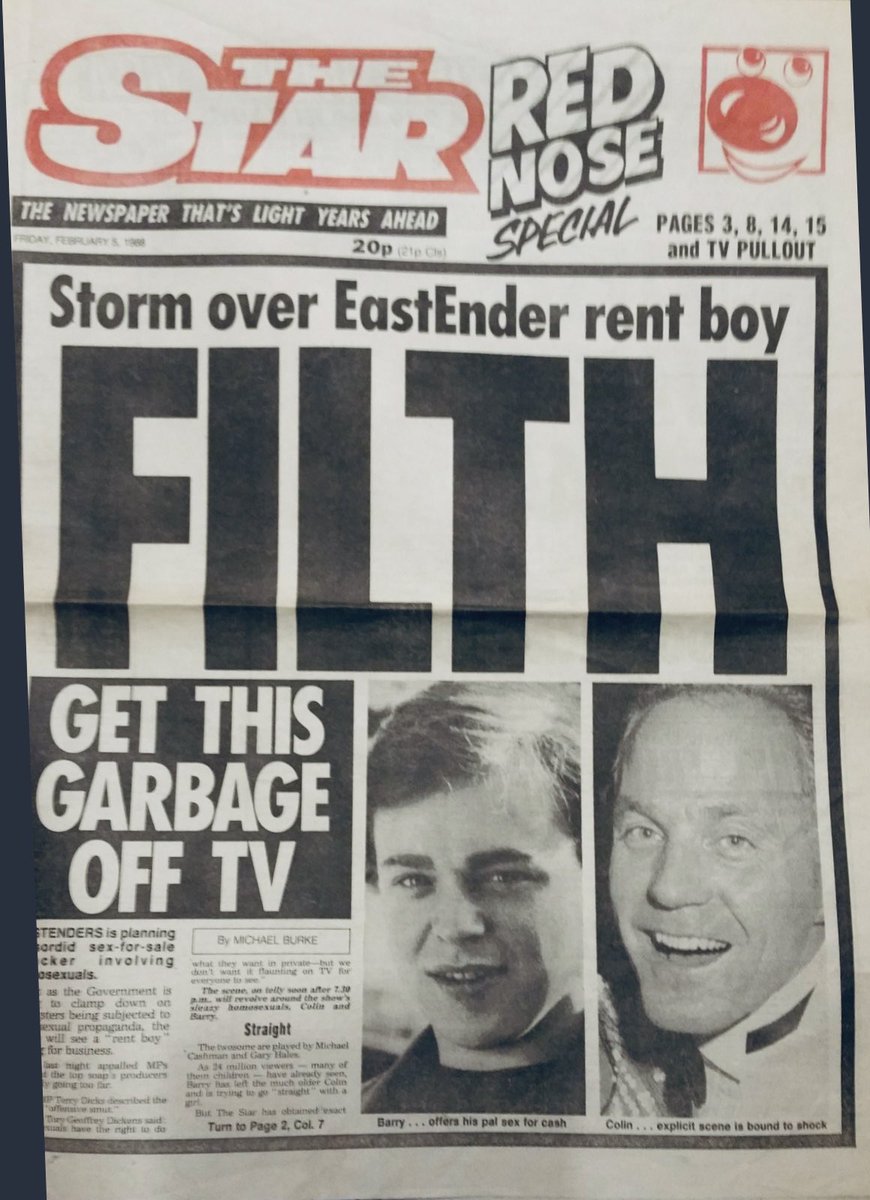

The Press Council (the 80s equivalent of the Press Complaints Commission) ruled that scornful references to gay men as ‘poofs’, ‘poofters’ or ‘woofters’ were acceptable.
https://twitter.com/Matthew_Hodson/status/1620689695058583553
• • •
Missing some Tweet in this thread? You can try to
force a refresh




